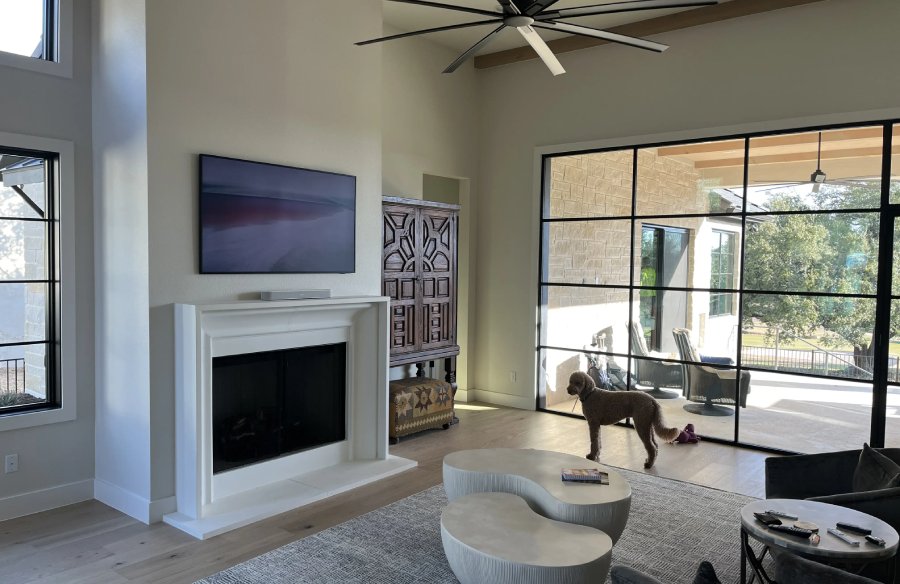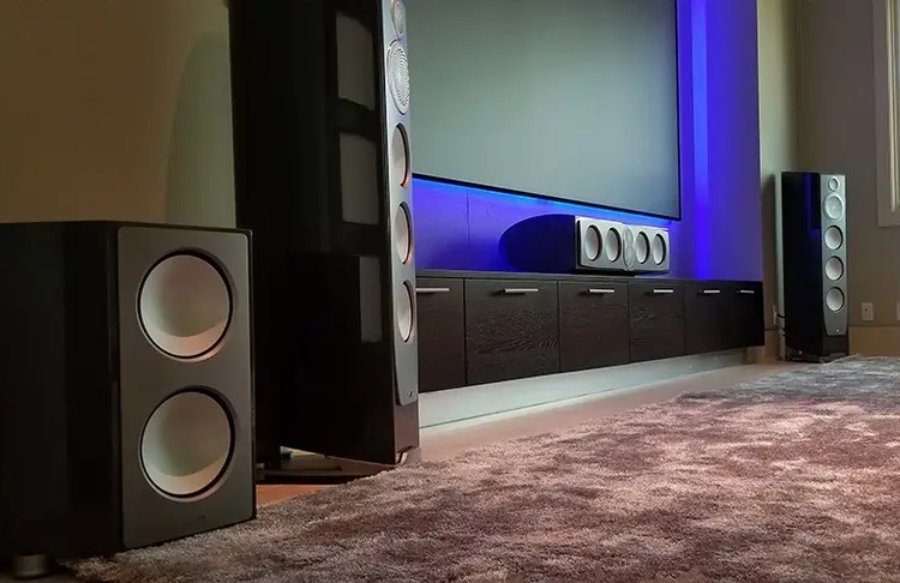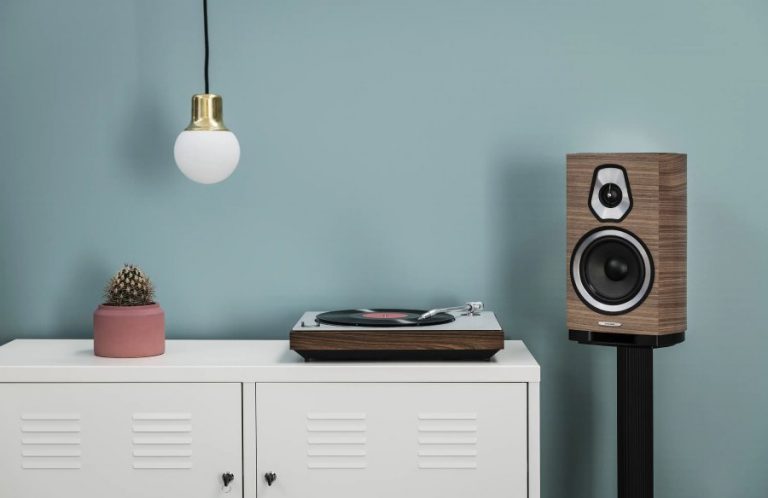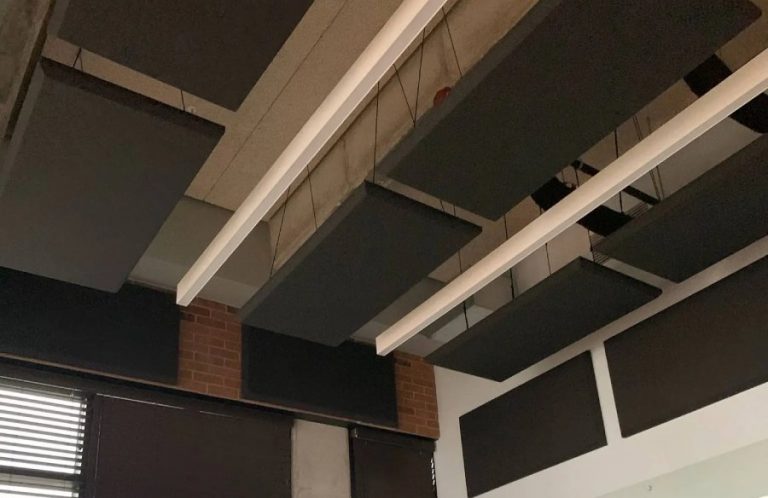automationshub
Smart Home Automation & Installation Setup
At Automationshub.site Echo devices are smart speakers that utilize voice recognition to interact with users. These devices
come in various shapes, sizes, and price ranges, with models like the Echo Dot, Echo Show, and Echo
Studio catering to different needs and preferences. The key feature of all Echo devices is the
integration with Echo , voice assistant, which allows users to control their devices hands-
free.

echo set up
Manage your entire home remotely. Whether you’re at work or on vacation, control lights, locks, climate, and more — right from your smartphone or voice assistant.

echo dot setup
No messy cables or complicated wiring! Automationshub.site systems connect securely using advanced wireless technology, keeping your home clean and clutter-free.

how to setup echo
Our devices are quick and easy to set up — most installations are completed in under five minutes with no tools or drilling required.
What is Smart Home Automation at Automationshub.site?
∙Voice control: Users can ask the Echo to perform tasks such as playing music, answering
questions, or setting alarms.
∙Smart home integration: Echo devices can control compatible smart home devices like lights,
thermostats, and security systems.
∙Multi-room audio: Many Echo models can be connected together to provide synchronized
audio throughout your home.
∙Personal assistant features: Echo can provide weather updates, manage your calendar,
make shopping lists, and more.


how to set up echo at automationshub.site
- Convenience that Fits Your Lifestyle
Life is busy, and smart home devices help take care of the small tasks, so you have more time for what matters. You can turn off all the lights from your bed or preheat your living room before you arrive home, all from the comfort of your phone. It’s like having a personal assistant for your home, managing repetitive tasks with minimal effort.
- Enhanced Energy Efficiency
A smart thermostat can learn when you’re typically home and adjust your heating or cooling to save energy. Smart lighting systems can turn off automatically when no one is in the room, while smart plugs can cut off power to devices that aren’t in use. Over time, these changes can help lower your energy bills while reducing your environmental impact.
- Improved Home Security
Smart home security systems enable you to check on your home from anywhere. With video doorbells, smart cameras, and remote-controlled locks, you can receive alerts if there’s unusual activity around your home and even speak to visitors while you’re away. This provides peace of mind, whether you’re traveling or simply at work for the day.
- Accessibility for Everyone
Smart home technology can be especially helpful for individuals with limited mobility or elderly family members. Voice commands and automated routines make everyday tasks like turning on lights, adjusting temperatures, or even opening curtains easier and safer.
how to set up echo
At Automationshub.site Before setting up your Echo device, make sure you have the following items ready:
1.Wi-Fi Connection: Echo devices require a stable Wi-Fi connection to function properly.
Ensure that you have access to a reliable network with a strong signal where you plan to
place the device.
2.Smartphone or Tablet: You will need an Android or iOS device to download the Echo app,
which is essential for setting up and managing your Echo device.
3.Account: If you don’t already have an account, you’ll need to create one.
Echo devices work best when they’re linked to an account.
Once you have these items, you can begin the setup process.


Automationshub.site setup mode
If you’re considering smart home installation, here are some popular features to think about at Automationshub.site:
- Smart Lighting: Adjust brightness and color or schedule lights to turn on/off automatically.
- Smart Thermostats: Maintain ideal temperatures and optimize energy use.
- Smart Security Systems: Includes cameras, motion sensors, and smart locks for enhanced safety.
- Smart Plugs and Appliances: Automate devices and track energy consumption.
- Voice Control Integration: Control your home using simple voice commands.
- Automated Curtains and Blinds: Improve privacy and energy efficiency.
Automationshub.site
1.Open the Echo app and go to the “Devices” tab.
2.Select “Add Device” and choose the type of device you want to add (e.g., light, plug,
thermostat, etc.).
3.Follow the prompts to connect your smart home devices to your Echo device. This usually
involves connecting your device to the same Wi-Fi network as your Echo and possibly linking
accounts for third-party devices.
Once integrated, you can control your smart home devices with voice commands. For example, you
can say, “Echo, turn off the lights,” or “Echo, set the thermostat to 72 degrees.”


echo app online
At Automationshub.site While smart home technology offers many benefits, it’s also important to consider the challenges:
- Upfront Costs
Purchasing devices and setting up systems can require a significant initial investment. While you may save money over time through energy efficiency, you’ll need to budget for devices, potential hub systems, and professional installation if needed.
- Privacy Concerns
Smart devices collect data to function efficiently, and many are always listening for commands. It’s essential to understand what data your devices collect, how it’s used, and to secure your system with strong passwords and regular software updates to protect your privacy.
- Compatibility Issues
Not all smart devices work seamlessly with each other. Before purchasing, check that your devices can communicate with your chosen control system or voice assistant. Using devices that operate on common protocols can reduce compatibility issues.
- Internet Dependence
Most smart devices rely on a stable internet connection. If your internet goes down, many devices may lose functionality until connectivity is restored. For essential systems like security, consider backup connectivity solutions where possible.
echo dot setup mode



how do i set up echo
At Automationshub.site If you encounter issues during setup or use, here are some common troubleshooting steps:
1.Echo not connecting to Wi-Fi: Ensure that your Wi-Fi network is functioning properly and
that the password is correct. You may need to restart your router or reset the Echo device by
holding the action button for 20 seconds.
2.Echo not responding to voice commands: Check that the device’s microphone is on. If the
microphone is muted, the Echo won’t respond to commands. You can also try restarting the
Echo to resolve any temporary glitches.
3.Echo app not detecting Echo: Ensure that your phone and Echo are connected to the same
Wi-Fi network. Try restarting the app or resetting the Echo device if the problem persists.
4.Unresponsive smart home devices: Make sure that your smart devices are compatible with
Echo and that they are properly set up and connected to the same network.
Advanced Features and Settings
As you get more comfortable with your Echo device, you may want to explore advanced features:
1.Routines: Echo allows you to set up routines, which are a series of actions triggered by a
single command. For example, you can create a “Good Morning” routine that turns on your
lights, starts your coffee maker, and reads the news to you.
2.Skills: Echo has thousands of third-party skills that can be enabled through the Echo app.
These skills range from games and fitness tracking to language learning and controlling
additional smart devices.
3.Multi-user support: Echo devices can recognize different voices and provide personalized
responses for each user. You can set up voice profiles for each member of your household to
tailor the Echo’s responses and recommendations.
4.Echo Guard: This feature turns your Echo into a smart security system by listening for
specific sounds like glass breaking or smoke alarms. It can send you alerts if it detects these
sounds when you’re away.
setting up echo
At Automationshub.site Setting up and using your Echo device is a straightforward process that opens the door to a more
connected, convenient, and efficient home. With voice commands, smart home integration, and
endless customization options, Echo devices provide tremendous value. Whether you’re using it for
music, home automation, or productivity, Echo makes everyday tasks simpler and more enjoyable. By
following this guide, you can get your Echo device up and running in no time and make the most of
its many features.
Copyright © 2025 | All rights reserved.